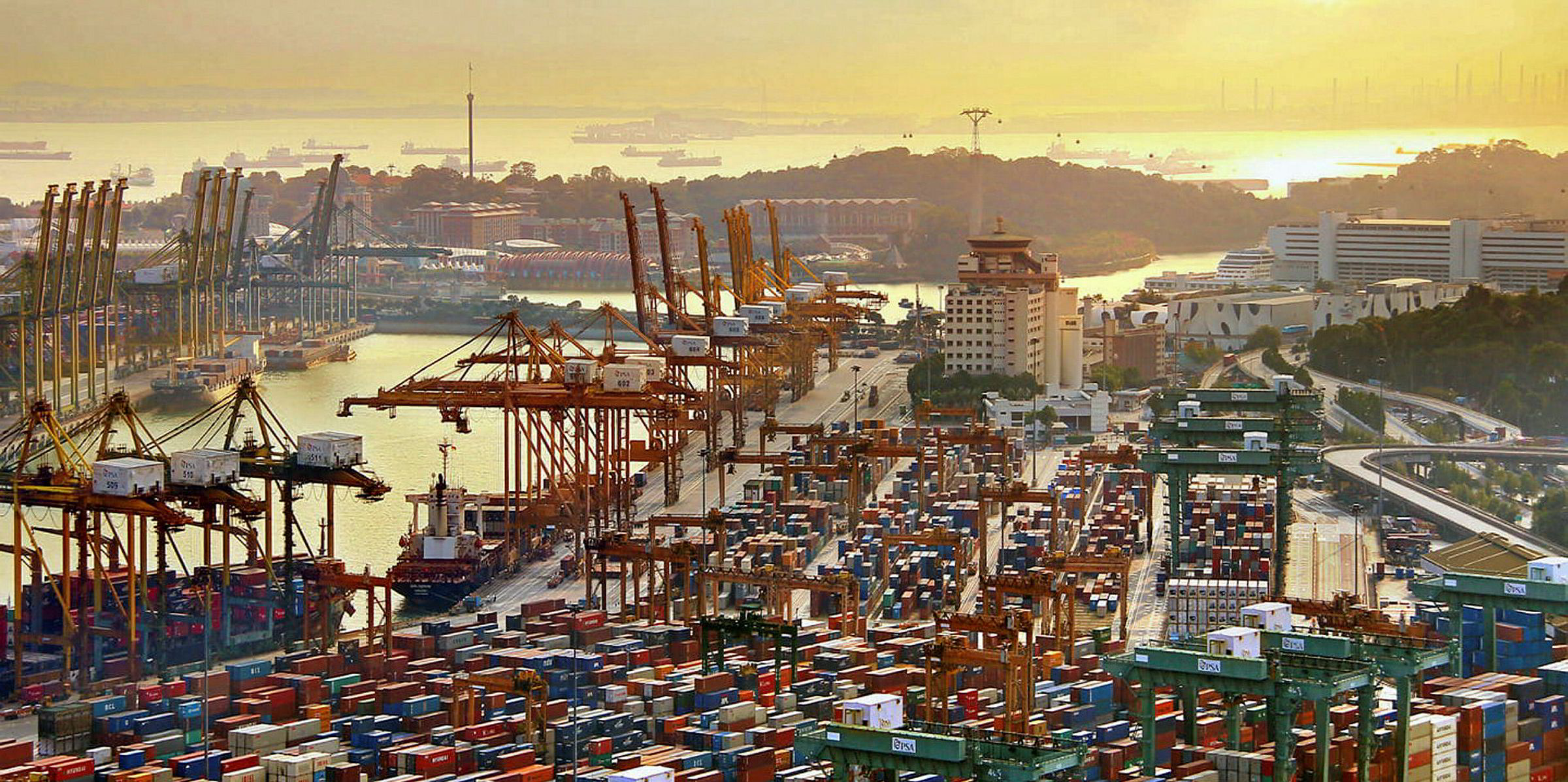Tanker forward freight agreements (FFAs) have taken a hit from dimmer prospects of floating storage play, with major oil producers showing appetite for a supply cut.
Saudi Arabic is calling for an urgent meeting of Opec, Russia and nine other producers to negotiate a new supply agreement, possibly brokered by US president Donald Trump, according to media reports.
The news triggered a sell-off in the FFA market, where the losses were most pronounced for the TD3C VLCC trade for Middle East Gulf-China route.
The April TD3C contract dropped by $47,060 to $149,183 per day on Thursday while May shed a whopping $53,551 to $102,239 per day, according to the Baltic Exchange.
The second quarter contract was down $44,155 at $111,385 per day, and the third quarter down $13,626 at $52,693 per day.
“It is the potential oil production cut deal between Saudi and Russia driving the FFAs down,” Clarksons Platou Securities analyst Erik Hovi told TradeWinds.
Clarksons Platou said further falls are likely on Friday, with the whole curve trading down.
Tanker and oil players had anticipated the price war among oil producers would lead to excess crude of as much as 20m barrels per day, which need to be stored onshore and at sea amid a collapse in oil consumption.
Due to the coronavirus pandemic, global oil demand is expected to fall 6.4% to 93.5m bpd in 2020, according to Rystad Energy.
“Market participants probably realise that the situation in the oil market cannot go on forever,” Arctic Securities analyst Lars Bastian Ostereng said.
“This unprecedented inventory build-up is ‘borrowing’ tanker demand from the future… What will happen if oil supply is adjusted to the current weak demand environment?”
Prompt oil prices have shown a strong rebound over the potential reduced supply, resulting in a narrower contango that squeezes margins for floating storage players.
According to Clarksons Platou, the highest VLCC rate possible for six-month storage is $45,000 per day in theory now. This compared with six-month charters for VLCCs at $100,000 per day or above last week, according to brokers’ reports.
Some pointed out the supply cut is not a firm deal while some crude may still nonetheless need to enter floating storage due to weak oil demand.
Clarksons Platou stressed: “A massive cut in oil production is bad for tanker demand, although floating storage is still expected to arrest the decline and partly mitigate a collapse in earnings.”
“We estimate that a potential cut, combined with lower trading distances (mainly due to lower US exports), could perhaps reduce tonne-miles by 16% on last year’s average.”
The pessimism could soon spread to physical VLCC trade, where Clarksons Platou assessed global average earnings at $226,200 per day Friday morning.
“Owners are likely incentivised to accept lower rates as the likelihood of lower rates is high,” the brokerage said.






